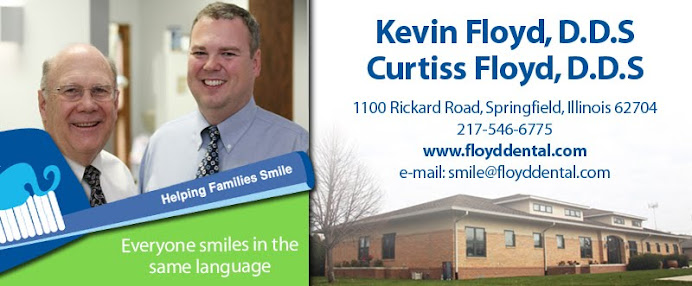Like any insurance, when you need it, it's nice to have. What those of you who have dental insurance need to know is the "cost-benefit ratio". How much is it costing you for your needed benefits versus a larger paycheck. Getting the answer to that question takes some investigation and knowledge about dental insurance. Here is some background information that should be helpful.
Dental insurance benefits differ greatly from health insurance benefits. In 1971, dental insurance benefits were approximately $1,000 per year. In 1995, benefits were only $1,000 to $1,500 per year. As of 2010 only a few policies have $2,000 per year coverage. Figuring a 6% rate of inflation per year, benefits should be over $10,000 per year. Premiums have increased, but benefits have not. Therefore, dental insurance is never a pay-all; it is only meant as an aid.
Many plans tell their participants that they will be covered "up to 80% or up to 100%" but do not clearly specify plan fees, schedule of allowances, annual maximum or limitations. It is more realistic to expect dental insurance to cover 35% to 65% of major services. Remember, the amount a plan pays is primarily determined by how much the employer paid for the plan. You get back only what your employer puts in, less the profits and admistrative costs of the insurance company.
You may receive notification from your insurance company stating that dental fees are "higher than usual and customary". An insurance company surveys a geographic area, calculates and average fee, then takes 80% of that fee and considers it customary. Not suprisingly, the "usual and customary" fee for the same procedure varies from policy to policy. Again, they are in business to make a profit, so controlling pay outs versus premiums is how that is done. If your employer purchased a bare bones policy - a lot more fees are "higher than usual and customary".
Your dental insurance is based upon a contract made between your employer and an insurance company. Should questions arise regarding your dental insurance benefits, it is best for you to contact your employer or insurance company directly. The policy holder has the most influence with the company. Our office will submit any necessary pre-determination of benefits or treatment claim forms. If necessary, we will work with you to finance any charges that are remaining beyond the coverage amount. Remember, unlike some medical bills - dental care won't break the bank.
Professional care is provided to you the patient, and not to an insurance company. Therefore, you are ultimately responsible for the services rendered, and your insurance company is responsible to you the insured.
Lastly, do not let policy limitations determine your dental care. Treatment should be based on an informed decision by you and not an insurance representative. The company will be more concerned as to what is the cheapest treatment, not what is the best treatment for your particular situation.
Wednesday, November 3, 2010
Subscribe to:
Post Comments (Atom)


No comments:
Post a Comment